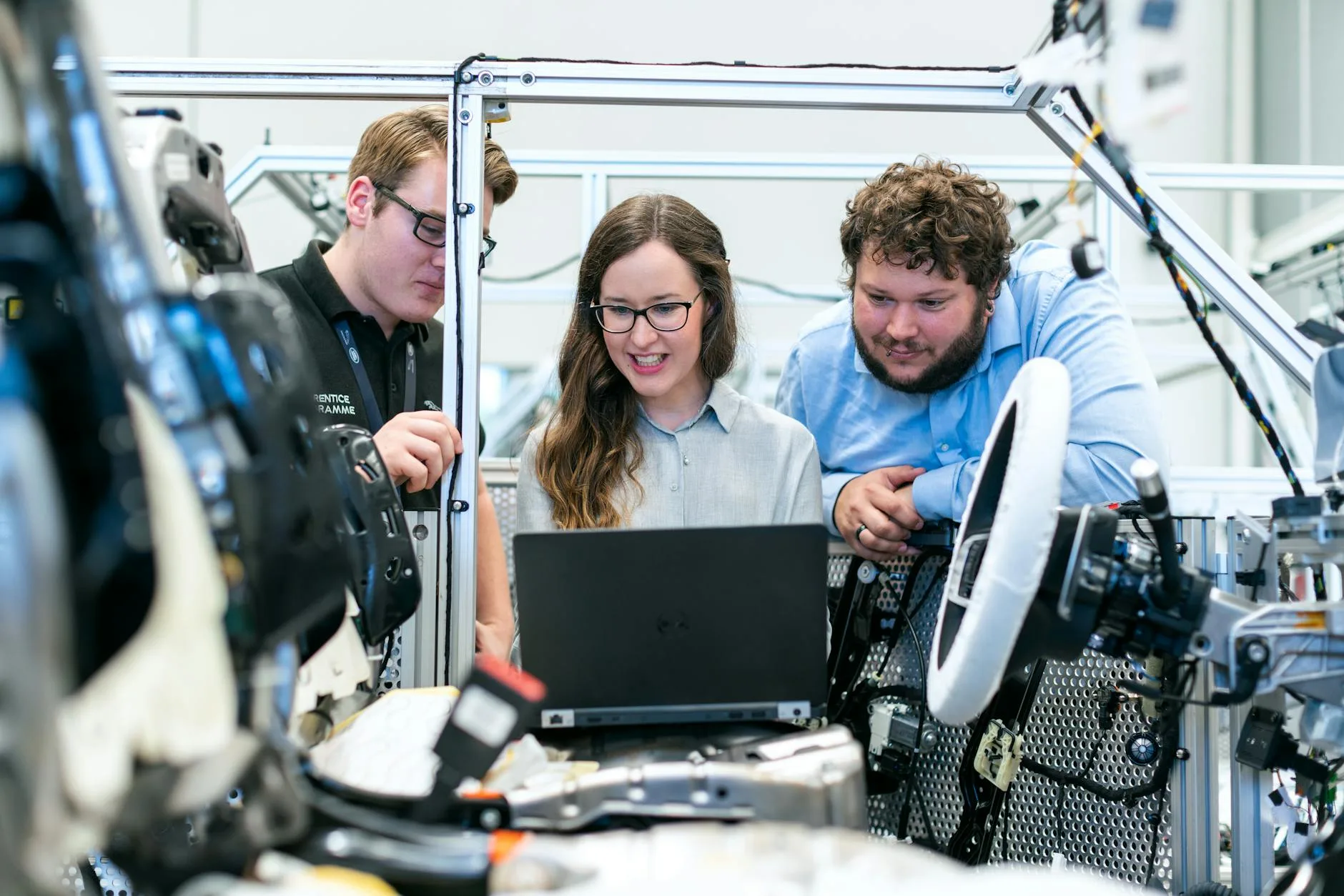Navigating Complexity and Driving Innovation in Modern Development
The landscape of senior software engineering is constantly shifting, demanding a broader and deeper skillset than ever before. While the foundational responsibilities of testing and debugging remain critical, the modern senior engineer is increasingly instrumental in driving product strategy, architecting scalable solutions, and fostering collaborative team environments. This article explores the multifaceted nature of this role, moving beyond a narrow definition to encompass the strategic and leadership aspects that define success in today’s tech industry.
The Core Responsibilities: A Foundation for Excellence
At its heart, senior software engineering involves the meticulous craft of building and maintaining software. This inherently includes the vital tasks of testing and debugging applications. As described in some industry role outlines, code developed by senior engineers may eventually be integrated into commercial products or end-user applications, underscoring the direct impact of their work on the final user experience. Thorough testing ensures reliability, identifies potential bugs before they reach production, and ultimately contributes to user satisfaction. Debugging, the process of identifying and resolving errors, is a critical skill that requires deep understanding of code logic and system behavior.
Expanding the Scope: From Code to Strategy
However, the expectations for senior engineers extend far beyond individual code contributions and bug fixes. Increasingly, senior engineers are called upon to influence product direction and technical vision. This involves participating in or leading architectural discussions, evaluating new technologies, and making informed decisions about the technical feasibility and long-term maintainability of software solutions. They are often the bridge between product management’s vision and the engineering team’s execution, translating high-level requirements into actionable technical plans. This strategic involvement is crucial for ensuring that software is not only functional but also scalable, secure, and adaptable to future needs.
Architectural Prowess and System Design
A hallmark of a senior software engineer is their ability to design and implement complex systems. This involves understanding distributed systems, database management, cloud infrastructure, and security best practices. They must be adept at creating architectural blueprints that can support growth and handle increased loads. For instance, when building a new feature for a widely used application, a senior engineer would consider factors like data consistency, latency, fault tolerance, and the potential impact on existing infrastructure. This architectural foresight prevents costly refactoring down the line and ensures the software can evolve with the business.
Mentorship and Team Leadership
Beyond technical contributions, senior software engineers play a crucial role in mentoring junior engineers and fostering a strong team culture. They act as technical leaders, guiding less experienced team members, conducting code reviews, and sharing their knowledge and best practices. This mentorship is vital for the professional development of individuals and the overall growth of the engineering organization. A collaborative environment where knowledge is freely exchanged leads to higher quality code and more innovative solutions. Senior engineers often lead by example, demonstrating a commitment to continuous learning and a proactive approach to problem-solving.
Navigating Tradeoffs in Software Development
Every technical decision involves tradeoffs. Senior engineers are tasked with evaluating these carefully. Should we prioritize speed of development or long-term maintainability? Should we opt for a proven, but potentially older, technology stack or embrace a newer, more cutting-edge solution with less established community support? These decisions are not made in a vacuum but are informed by business objectives, resource constraints, and risk assessments. For example, a company might choose to use a managed cloud service for database operations to accelerate time-to-market, accepting the tradeoff of less direct control over the underlying infrastructure.
Implications for the Future of Software Engineering
The evolving nature of the senior software engineer role signals a broader trend in the tech industry: the increasing convergence of technical expertise and strategic business acumen. As software becomes more integral to every aspect of business operations, the engineers who build it must understand not just *how* to build it, but also *why* and *what* to build. This shift suggests a future where senior engineers are not just coders, but influential product stakeholders and thought leaders within their organizations.
Practical Advice for Aspiring and Current Senior Engineers
For those looking to excel in or advance to a senior software engineering role, a focus on continuous learning is paramount. This includes staying abreast of emerging technologies, understanding architectural patterns, and developing strong communication and leadership skills. Actively seeking opportunities to mentor others, participate in architectural discussions, and contribute to product strategy can significantly enhance one’s profile. Furthermore, cultivating a deep understanding of the business domain in which the software operates can elevate an engineer’s ability to make impactful technical decisions.
Key Takeaways for the Modern Software Engineer
* Senior software engineers are responsible for a broad range of tasks, including core coding, testing, and debugging.
* The role increasingly involves strategic contributions to product vision and technical architecture.
* Architectural design, system scalability, and security are critical components of senior-level work.
* Mentorship and team leadership are essential for fostering talent and building strong engineering cultures.
* Effective decision-making requires a nuanced understanding of technical and business tradeoffs.
Explore Resources for Career Growth
To further your understanding of software engineering careers and best practices, consider exploring resources from reputable organizations. For insights into software development principles and career paths, the Association for Computing Machinery (ACM) offers a wealth of publications and professional development opportunities.
References:
* [Association for Computing Machinery (ACM)](https://www.acm.org/) – A leading global professional body for computing professionals, offering resources on research, education, and career development in computer science.


